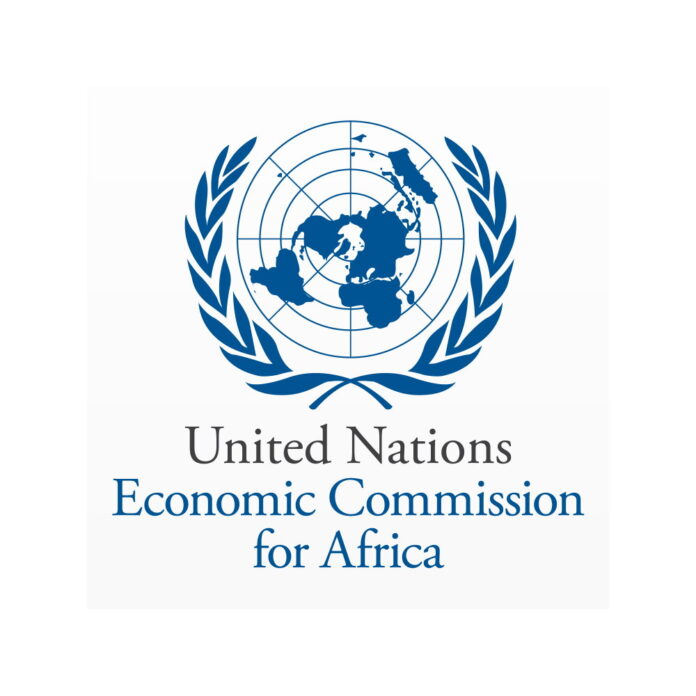The Economic Commission for Africa (ECA) says African countries should promote the free movement of people across their borders to boost intra-African trade.
ECA’s Director of Regional Integration and Trade Division, Stephen Karingi, in a statement, called for the speedy ratification of the Protocol on the free movement of people.
According to Karingi, the African Union, recognising the importance of human resource skills to the continent’s development, adopted the Free Movement of Persons Protocol in 2018.
He said 33 member states have signed the protocol, but only four countries have ratified the protocol to date.
“The state of ratification is disheartening, given that the protocol is aimed at facilitating regional integration in general and the implementation of the African Continental Free Trade Area (AfCFTA), in particular,” he said.
Karingi spoke during an Experts’ Group Meeting to Review the Policy Report on the theme: “Free Movement of Persons for Trade”.
“This is towards an Accelerated Ratification of the AU Free Movement of Persons Protocol in Support of the implementation of the AfCFTA”.
He said the two-day Experts’ Group Meeting reviewed the policy report and outcome of a joint study by the African Union Commission (AUC) and ECA.
He said the study showed the benefits of the free movement of persons for implementing the AfCFTA and identified factors behind the slow ratification of the Protocol.
“The slow ratification of the Protocol has been attributed to a lack of knowledge and appreciation of the benefits of free movement of persons.
“Lack of awareness of the Protocol, lack of political will, security and health concerns are also some of the factors.
“The study recommends spirited advocacy and sensitisation campaigns targeting member states and civil society to initiate domestic processes for ratifying the Protocol,” the director said.
Karingi said while some of the concerns around ratifying the Protocol were valid, policymakers and African citizens should recognise the support available to address some of the technical concerns raised.
According to him, the Free Movement of Persons Protocol is part of the treaty establishing the African Economic Community.
He said it had been recognised as a tool to facilitate labour and skills mobility in accelerating African trade.
Karingi said it was important that African governments embraced the free movement of persons as this would enable Africans to enjoy the full benefits of the AfCFTA.
Mr Oliver Konje, Director of International Trade, State Department of Trade and Enterprise of Kenya, said tourism and cultural exchange, among others, had been boosted due to the free movement of persons.
The Director of Trade in Services, Investment, Intellectual Property Rights and Digital Trade at the AfCFTA Secretariat, Emily Mburu-Ndoria, also reiterated the gains of the free movement of persons.
Mburu-Ndoria said the free movement of persons was crucial for implementing the AfCFTA because business people could move across the continent, thereby boosting economic growth.
Mburu-Ndoria, represented by Desire Loumou, a senior trade expert at the AfCFTA Secretariat, recommended a balanced approach in dealing with the sensitivity of mobility relating to security, health, and the environment.




